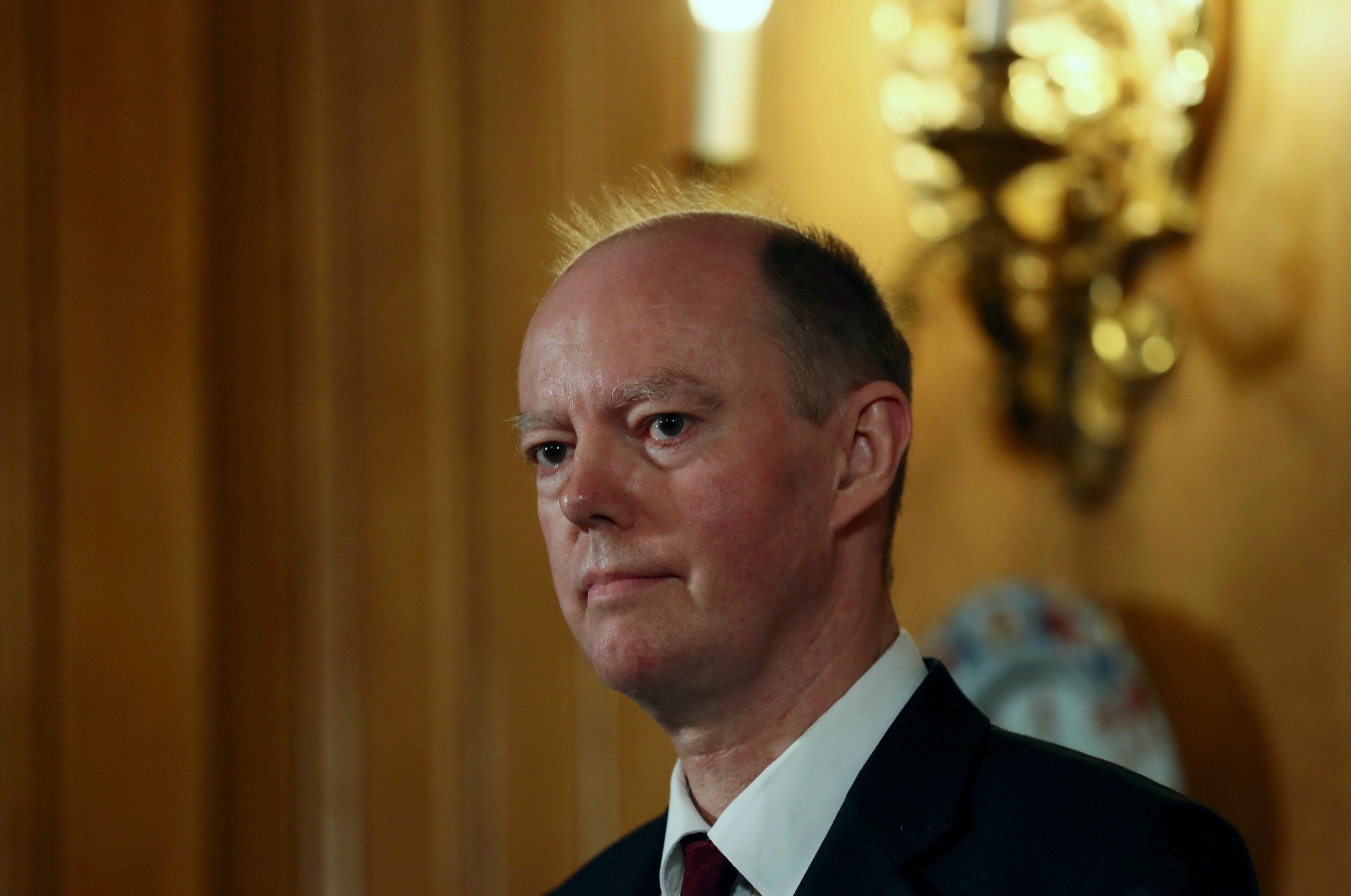No decision can prevent every Covid death – we simply cannot postpone our lives indefinitely
As hard as it will be, we have to assess the wider risks. Only then can we start being normal again, writes Salma Shah


There are simply no easy solutions, only tough choices and at some point we’re all going to have to accept the pain involved in moving forward. This statement could be applicable to practically anything in life but it’s especially relevant to the process of unlocking.
Scientists, medics and Sage experts will brim with caution and perhaps even outright disagree with the government’s decisions. There will be grumblings from the public that turn into full blown screams of fear but the announcement to go ahead and lift restrictions is a lot more cautious and finely balanced than people first assume.
We are removing most restrictions on 19 July, so called “Freedom Day”, but it is far from the final scenes of a blockbuster movie. Not all restrictions will end. We will still have to self isolate if we’re pinged, jabbed or not, until 16 August; ditto for the moment on quarantining if you’re returning from an amber list country. Even a return to work is down to individual businesses to determine and all the government is really doing is removing the stay at home order.
Yes, it’s a worry when Chris Whitty raises concerns and pointedly says he’ll continue to wear his mask, but when questioned he admits that, “At a certain point, you move to the situation where instead of actually averting hospitalisations and deaths, you move over to just delaying them. So you’re not actually changing the number of people who will go to hospital or die, you may change when they happen.” Any return to normality, according to him, won’t happen until next spring.
So it stands to reason, we have to start somewhere. We are taking small steps back on a path to normality. We have by no means reached the end state.
Of course, having one’s summer marred by the dreaded “ping” is the kind of stop-start uncertainty that is bad for business but this is probably the beginning of having a test and trace system permanently, another thing we’re all probably going to have to get used to. And yes, there will be genuine worry about what is coming round the corner in the winter, especially with new variants on the rise and travel open again, but at least this time we have some experience of what to expect.
It is wrong to sound flippant about the possibility of the numbers of hospitalisations and deaths spiralling. No one wants to make a misstep. Whatever we think of our leaders, not a single one begins their role thinking they want to inflict damage or harm, but there’s a stark reality we gloss over. There is no ministerial decision that can prevent every death; there is no plan that will save the economy and neutralise Covid.
We sometimes ask too much of our politicians, believing our opinion is enough to make a decision rather than understanding the burden of power. How would you fare when officials present you with the facts? Whilst you’re keeping case numbers down for Covid, cancer patients are not presenting themselves for testing, while our long-term mental health is also suffering. It’s not as easy as sending out a pithy tweet mocking outrage at “this government’s” decisions.
The economic reality of our situation is worsening. We will be stuck paying off this debt for years and though it was the right thing to do, extending the stasis continually diminishes life chances for the labour market and for school children who are being prevented from meeting their potential. Measuring this is, of course, not as instantaneous or dramatic as the Covid graphs we’re bombarded with but the result is still real. We can’t postpone our lives indefinitely. As hard as it will be, we have to assess the wider risks as we do with all things and only then can we start being normal again.
Salma Shah was special adviser to Sajid Javid from 2018 to 2019. She was also a special adviser at the Department for Digital, Culture, Media and Sport



Join our commenting forum
Join thought-provoking conversations, follow other Independent readers and see their replies
Comments